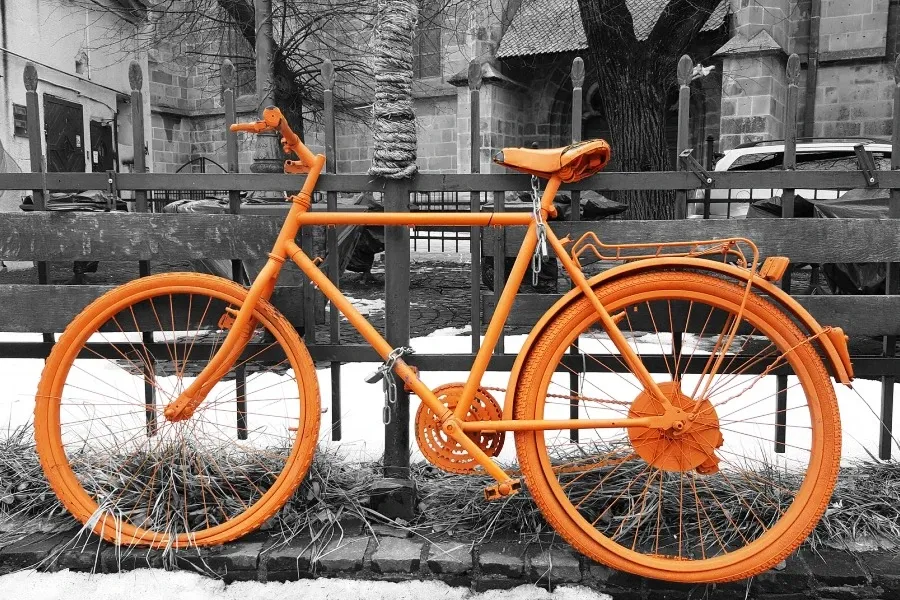Netflix Stands Firm on Warner Bros Deal
Netflix reiterated its commitment to its agreed transaction with Warner Bros. Discovery (WBD).

China’s bike-sharing companies face a new challenge following the accidental death of an 11-year-old boy in Shanghai: how to get under-aged kids off their brightly colored bicycles, according to Bloomberg.
Beijing-based Ofo promised to find ways to prevent kids from accessing its service, after a child user died in a car accident last weekend. Chinese law bans children under the age of 12 from riding bicycles on public roads.
The incident comes amid red-hot competition between Ofo, Mobike and a number of bike-sharing companies that have sprung up over the past year offering near-free rides in many cities. The industry has attracted hundreds of millions of dollars from investors such as Tencent and Temasek, betting that bike-sharing will go mainstream and yield valuable user information. But its rapid rise has overtaken municipal laws, leaving regulators scrambling to govern their expansion.
Now, they may also have to convince authorities that their services are safe. The accident involving an Ofo bike happened on a busy road in downtown Shanghai on Sunday afternoon, when a coach hit the juvenile rider. It was the first known deadly traffic incident involving an under-aged bike-sharing user.
Local authorities have yet to disclose the cause of the incident. Ofo said it’s cooperating in the investigation and is doing its best to come up with “a set of effective mechanisms“ that bars under-aged riders. Bright colors adopted by each competitor, Ofo is a canary-yellow while main rival Mobike is orange, are designed to differentiate their brands but may entice younger users.
Authorities in Shanghai had expressed concerns about under-aged bikers prior to accident. According to the Shanghai Daily, major players including Mobike and Ofo have been called into meetings with traffic police and education commission officials over concerns about children using their bikes. They pledged to install warning signs on bicycles and limit supply in areas such as schools, the newspaper reported.
Riding a bicycle can be a dangerous exercise in many Chinese cities. The rise of private cars has contributed to a steep decline in bicycle usage and the degradation of dedicated infrastructure. Bike paths are often clogged with parked vehicles, scooters and small electric cars.
Still, bike-sharing has exploded over the past year thanks to perennial traffic jams and a bonanza of subsidies offered by various rivals hoping to gain market share. Rides are often free for users and bicycles can be easily parked at destinations. Mobike said in a separate statement that its system, which requires real-name registration and smartphone verification, has been effective at banning under-12s from its platform.